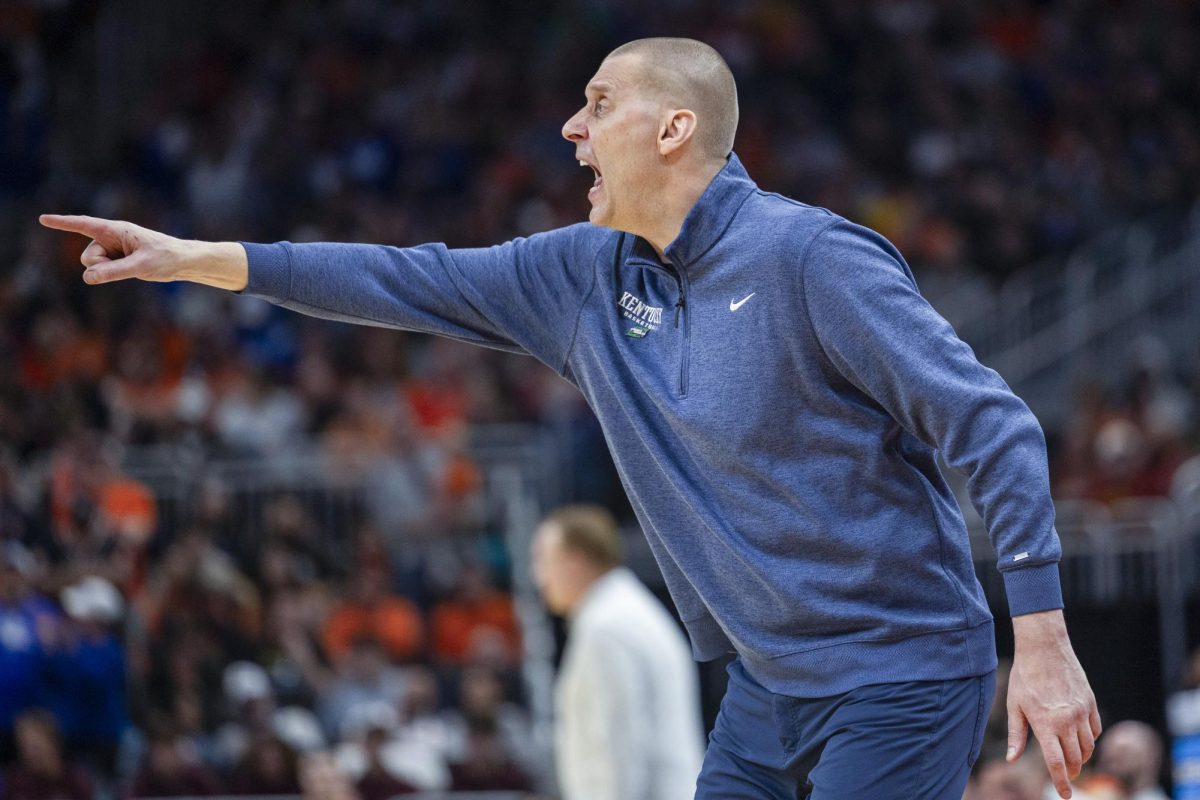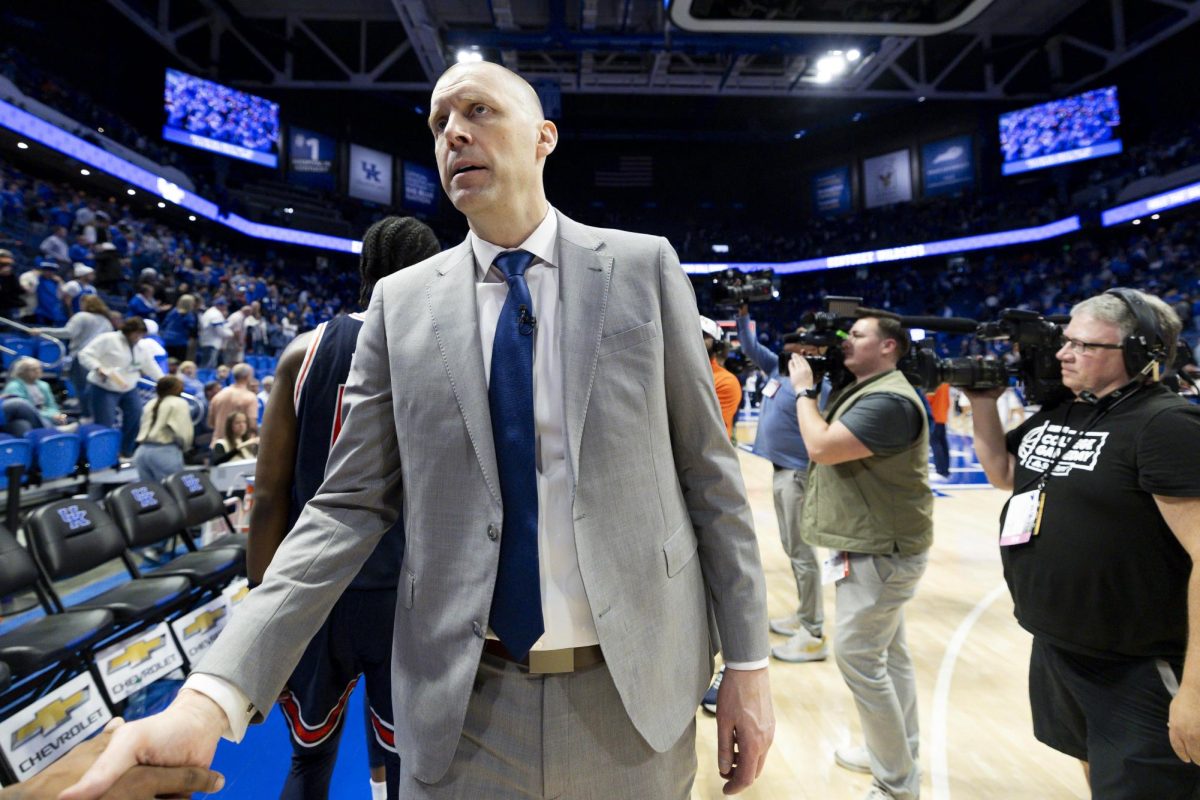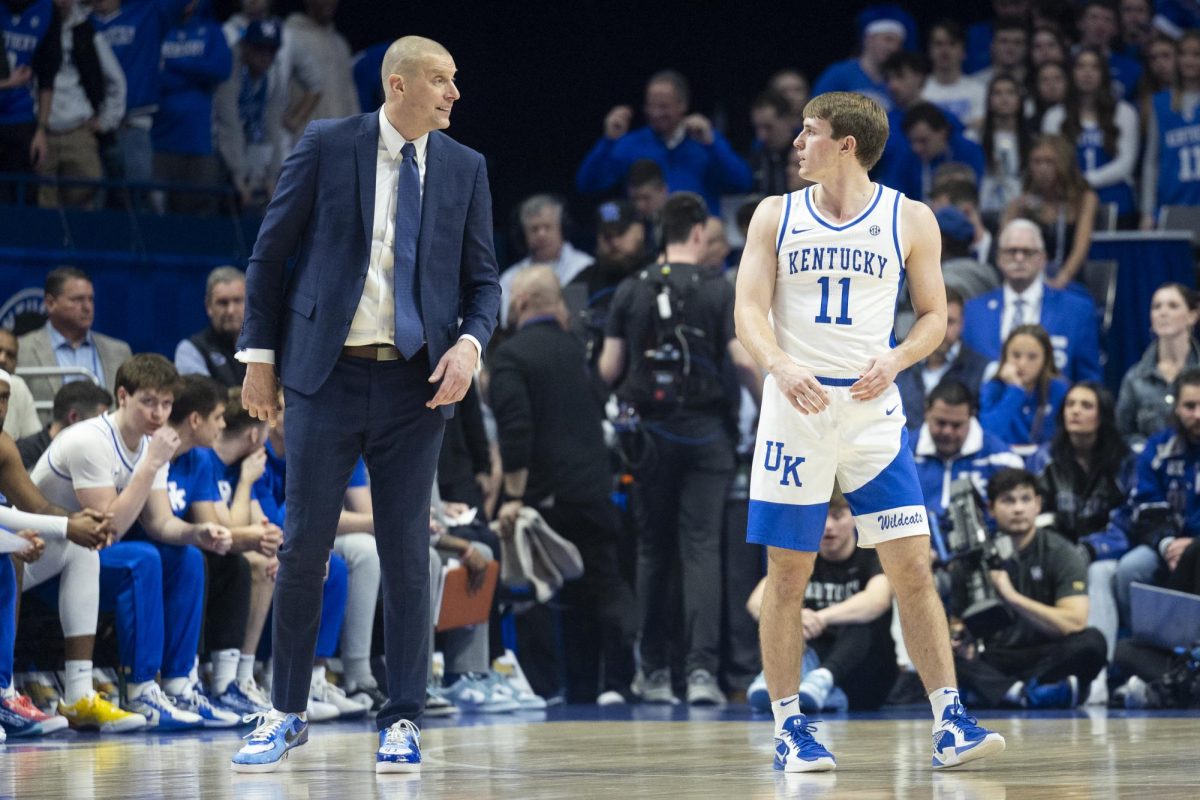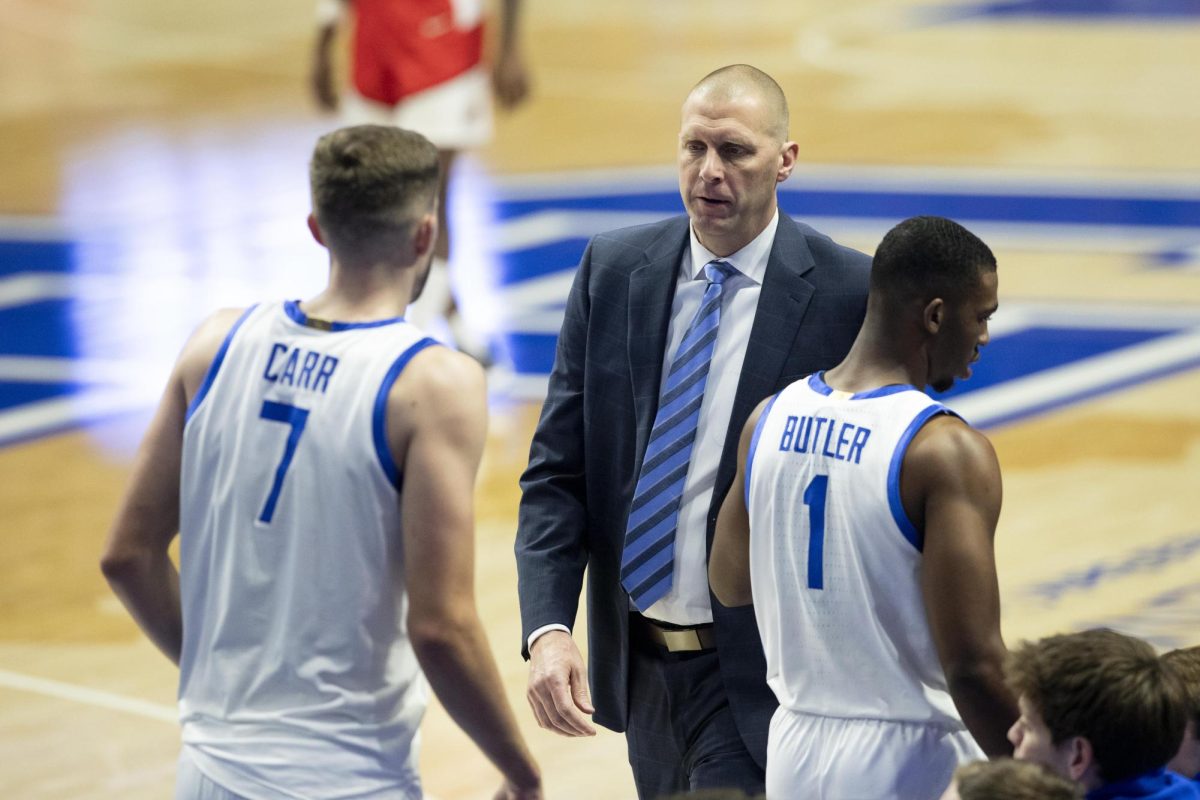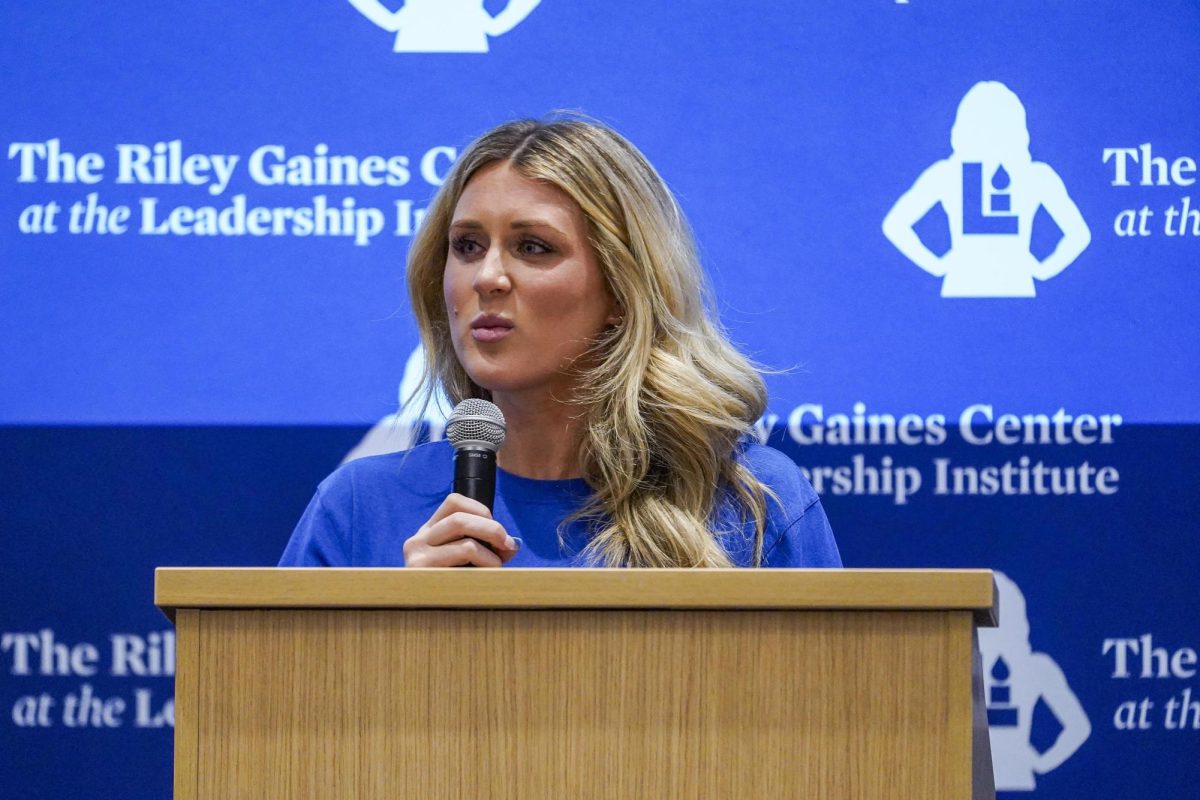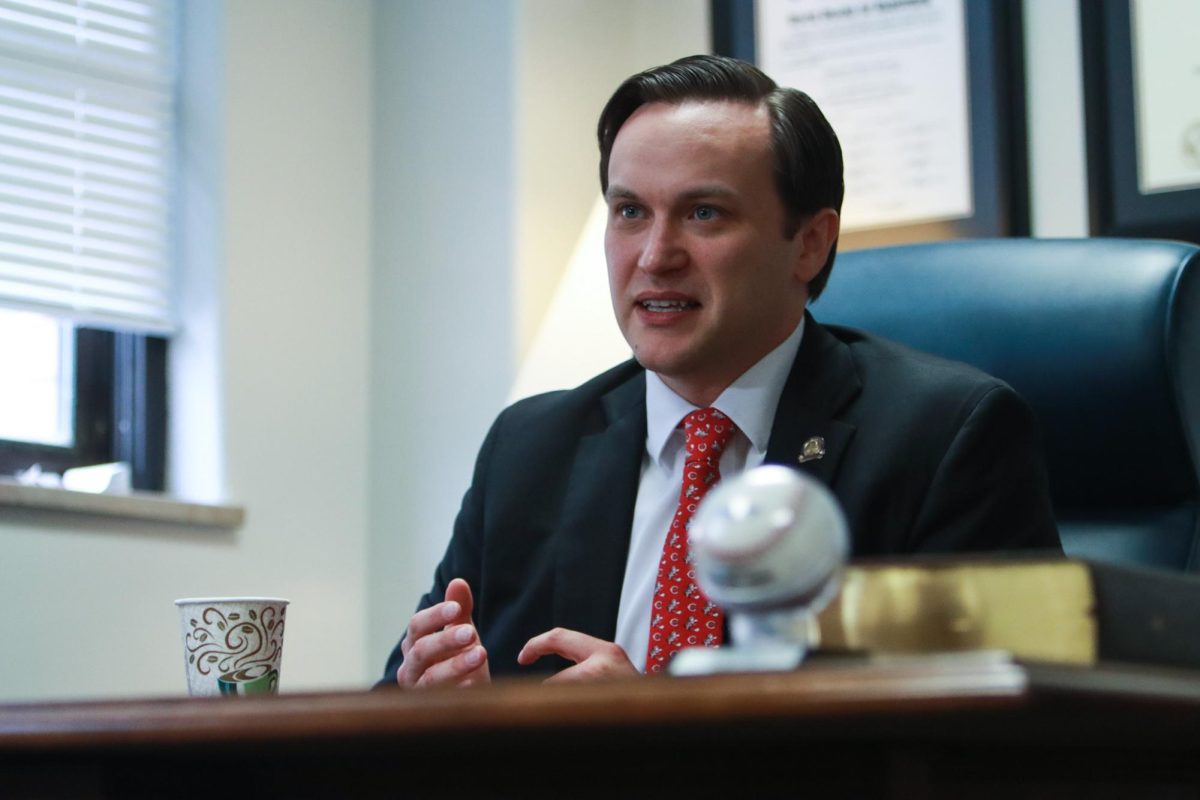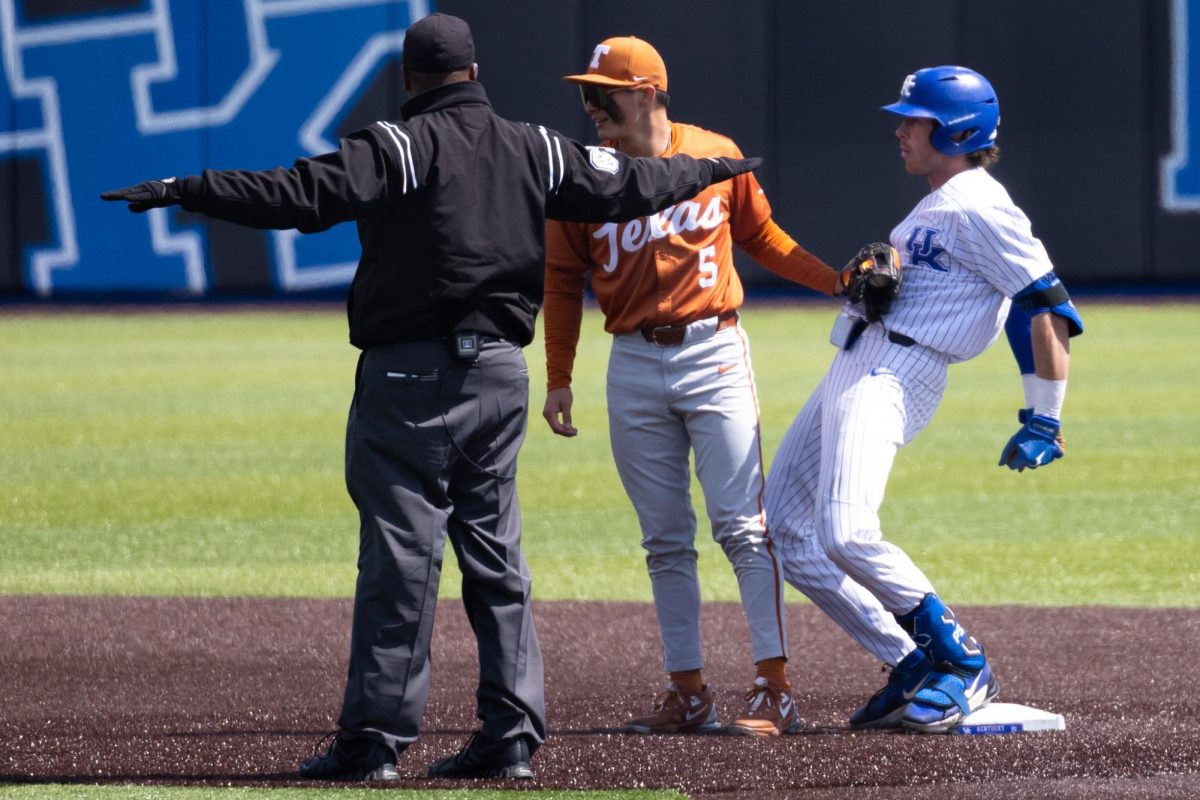UK revenue shortfall more than $70 million, will start layoffs and furlough
April 21, 2020
In an email on April 21, UK president Eli Capilouto announced that UK had lost $70 million in expected revenue from losses due to COVID-19 and increased costs for commitments.
In preparing the budget for the next fiscal year, he said there would be budget cuts across “every college, department, and unit” campus-wide, averaging 10 percent.
Capilouto also listed some steps that the university would be taking to make those reductions. These steps include:
• extending the current hiring pause for the foreseeable future
• low-activity/no-pay policies, essentially furloughing employees in units where work has ceased or reduced significantly and cannot be done remotely
• layoffs in some units
• reducing the university’s retirement contributions to employees from 10 percent to 5 percent for one year
• not providing merit increases
• delayed expansion of the family leave policy
• delaying mandatory participation in UK’s retirement program for employees hired after July 1, 2020
UK spokesperson Jay Blanton said it was too early to determine what staff would be laid off and in what areas.
Capilouto said $40 million of the shortfall comes “from declines in institutional investment income and tuition revenues.” The other $30 million comes from increased costs for scholarships, financial aid, student mental health, the Disability Resource Center, employee health premiums and the university’s commitment to raise starting wages to $12.50 per hour.
Blanton said that the revenue shortfall applies to the university’s Undesignated General Fund, which mainly comes from state appropriations and tuition revenue, not financially self-sustaining units like UK Athletics and UK Healthcare.
Healthcare accounts for half of UK’s approximately $4.5 billion budget and is not included in the measures announced by Capilouto, Blanton said.
“The 10 percent reductions announced today are designed to address that shortfall, but also provide some contingency funds to deal with the unknowns that may result,” Blanton said. “Our hope is to not have to come back six months from now and make additional cuts.”
Blanton said that housing and dining credits returned to students from the spring 2020 semester did not contribute to the shortfall; the 36 percent of assessed charges do not apply to the next fiscal year, starting on July 1, that the shortfall applies to.
Capital projects that have a dedicated revenue source, such as the student center expansion or Winslow Project, will continue, said Blanton.
“However, we will, for the first time in many years, not be able to add $1 million as part of our annual budget for what we call capital renewal. We’ve been trying to build a pool of dollars to help with renewal projects or deferred maintenance,” Blanton said. “We will not be in a position to add to that fund this year.”
Blanton said the university was not in a position to discuss how the shortfall would affect revenue and that the Board of Trustees would discuss tuition and fees at its June meeting.
To find out more about UK’s budget and the steps they are taking, visit www.uky.edu/coronavirus/budget.

































